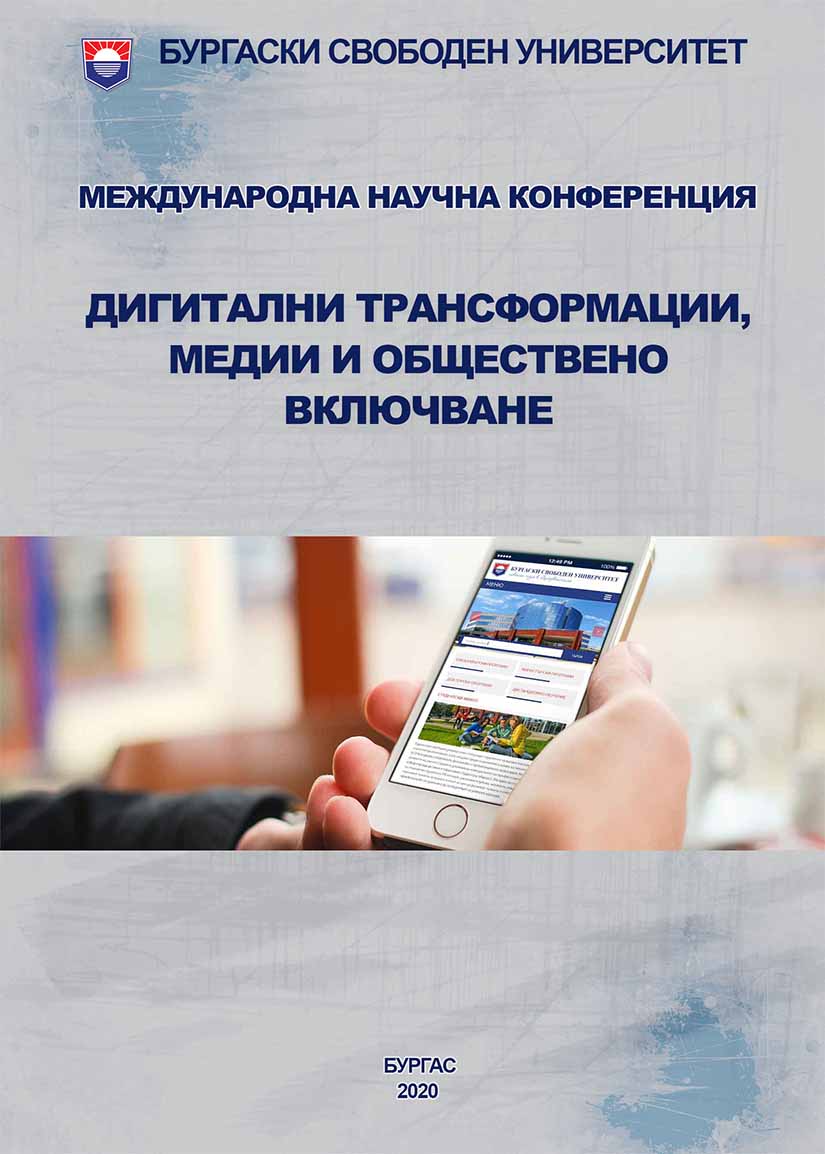ТРУДЪТ ПРЕЗ ХХI ВЕК. НОВИ УМЕНИЯ И НОВИ ФОРМИ НА ЗАЕТОСТ
LABOR IN THE 21ST CENTURY. NEW SKILLS AND NEW FORMS OF EMPLOYMENT
Author(s): Evgeniya Vasileva
Subject(s): History, Economy, Economic history, Socio-Economic Research
Published by: Бургаски свободен университет
Keywords: (un)employment; labor productivity; human capital; skills; occupational choice; technological change
Summary/Abstract: Beyond direct job creation in an algorithm and technology economy, it is important whether automation leads to new types of jobs and how the labor and working conditions change. The processes of aging and the disappearance of professions are recognizable, but there is no unambiguous evidence what the new professions will be in their place. It’s all a matter of imagination without a clear concept yet. New forms of employment, which are already part of the labor market, are neither new professions nor new skills, but through their analysis, certain opportunities and risks can be outlined. The purpose of the report is namely to analyze the strengths and weaknesses of emerging new forms of employment in the digital economy and algorithms. First, the potential for automating through algorithms of each work activity will be analyzed and the potential effects on work, society, and personality from doing so. Second, trends in the emergence of new professions, new job skills and related education will be presented. Third, several new forms of employment will be analyzed in comparative terms – employee sharing, job sharing, casual work, crowd employment and portfolio work. Finally, some conclusions will be outlined as to what the opportunities and challenges of the 21st century's work are.
Book: МЕЖДУНАРОДНА НАУЧНА КОНФЕРЕНЦИЯ "ДИГИТАЛНИ ТРАНСФОРМАЦИИ, МЕДИИ И ОБЩЕСТВЕНО ВКЛЮЧВАНЕ"
- Page Range: 29-36
- Page Count: 8
- Publication Year: 2020
- Language: Bulgarian
- Content File-PDF

